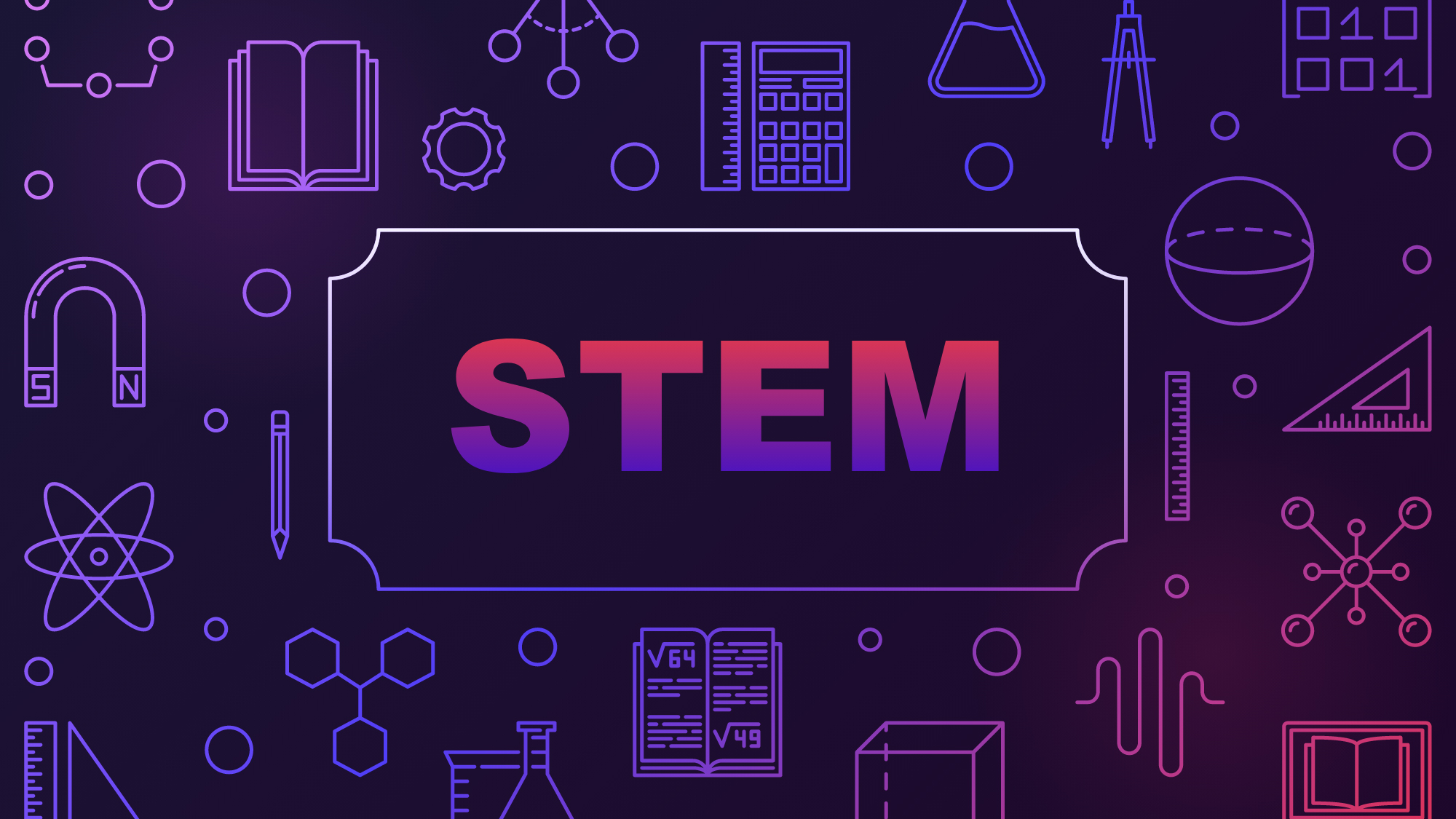10 places to immerse yourself in STEM
02 Nov 2022
02 Nov 2022

If you missed out on the events of National Science Week last month, don’t fret. We’ve rounded up the best places to grow your love of science all year round.
National Science Week is a treasure. From August 13-21, STEM lovers get the chance to indulge in a week of events, workshops, tours, experiences and experiments. If you missed it – or if you’re already looking ahead to next year – we’ve got you. The National Science Week website has collated 168 discovery centres from around the country. The list includes museums, botanical gardens, laboratories, observatories and plenty more. We’ve gone through the list and picked 10 of our favourites for our friends in NSW to explore and help grow the passion for science.
A site so special it has been visited by the one and only David Attenborough, the Age of Fishes Museum is your chance to see what science discovered in a 360 million-year-old billabong. Over 4000 fossilised fish, previously unknown to science, have been excavated from the site, and many are on display at the museum. A little-known piece of ancient Australian history, ready for you to explore.
As you head into the Ku-ring-gai National Park, make sure to pay a visit to the Kalkari Discovery Centre. Learn about the National Park’s huge variety of native flora and fauna before taking a scenic hike to check it out for yourself. Also a great place to learn more about the extensive aboriginal history of the area, which has long been the traditional land of the Darramuragal or Darug people.
There’s plenty of science education and local history to explore here in the coastal town of Eden. The Killer Whale Museum has been open since 1931, existing to tell the tale of 70 year old orca named Old Tom who was a legend with whalers in the 1800s. Old Tom’s skeleton is on display here, as well as plenty of maritime artefacts and a library to delve even deeper into the local science and history.
A perfect introduction to the exciting world of astronomy, the Mudgee Observatory lets visitors explore the dark Mudgee skies themselves using telescopes and binoculars. The observatory also features a planetarium and cinema screen to view educational and entertaining accounts of the world beyond our own planet.
Welcome to Australia’s only public museum of pathology. At the Museum of Human Disease at the University of New South Wales you’ll get the rare chance to encounter examples of all the leading causes of death in Australia, with specimens on display as part of a specialised preservation service. You’ll see examples of death caused by cancer, stroke, heart attacks, drugs and many more.
There’s always something new to see and do when it come to science education.”Nav Phokela
At the Solitary Islands Marine Park you’ll find a nearly endless source of marine scientific knowledge. Students can come to the National Marine Science Centre and learn in programs tailored to their age group and knowledge, with education on ecology, aquaculture and the marine effects of climate change. More casual visitors should make a beeline for the Solitary Islands Aquarium which is full of real-life examples of local marine wildlife.
A huge spectrum of humanity’s technological prowess is housed at the Powerhouse Museum. You’ll find early photography and cameras, typewriters, musical instruments, aviation, video games, industrial technology and a mind-boggling amount more. There’s also workshops, demos, film screenings, performances and more. A real must-visit museum for every budding STEM professional.
Future engineers, this one’s for you. One of Australia’s greatest feats of engineering, the Snowy Mountains Scheme is displayed here in fine detail. From the project’s history to the fine detail of hydroelectricity and guided tours of the turbines, the Snowy Hydro Discovery Centre is the place to start if you’re interested in engineering.
The only problem with most aviation museums is that the aircraft are strung up in displays or sit silently in the hangar. At the Temora Aviation Museum, you’ll get the chance to see tiger moths, spitfires, vampires and more take to the sky, strutting their stuff in their natural habitat. Those interested in furthering their aviation education can do so in the theatrette and throughout the many audio-visual presentations.
A wildly comprehensive tour of everything natural (and some things that aren’t), the UNE Natural History Museum is bursting with specimens. You’ll find dinosaurs, geological remains, invasive species, old-world hunting trophies and, above all, a great education into the philosophy of modern museum displays. You’ll see just 5% of the total collection at any one time, which means there’s always a great reason to revisit. There’s always something new to see and do when it comes to science education.
HSC tuition with Accel iQ
At Accel iQ, we understand the benefits of a tailored approach to education. Our HSC tuition relies on the vast experience of our tutors, with beneficial programs of Physics, Chemistry and Maths tuition. When looking towards university and future careers, HSC tuition can help set up students for success.
Our Physics, Chemistry and Maths tuition is designed to be flexible, engaging and personalised to the learning goals of each student, ensuring everyone has the opportunity to succeed and be their best.
Want to learn more about our Physics, Chemistry and Maths tuition programs? Get in touch with our team today to learn more about how HSC tuition can help set students up for exam success.